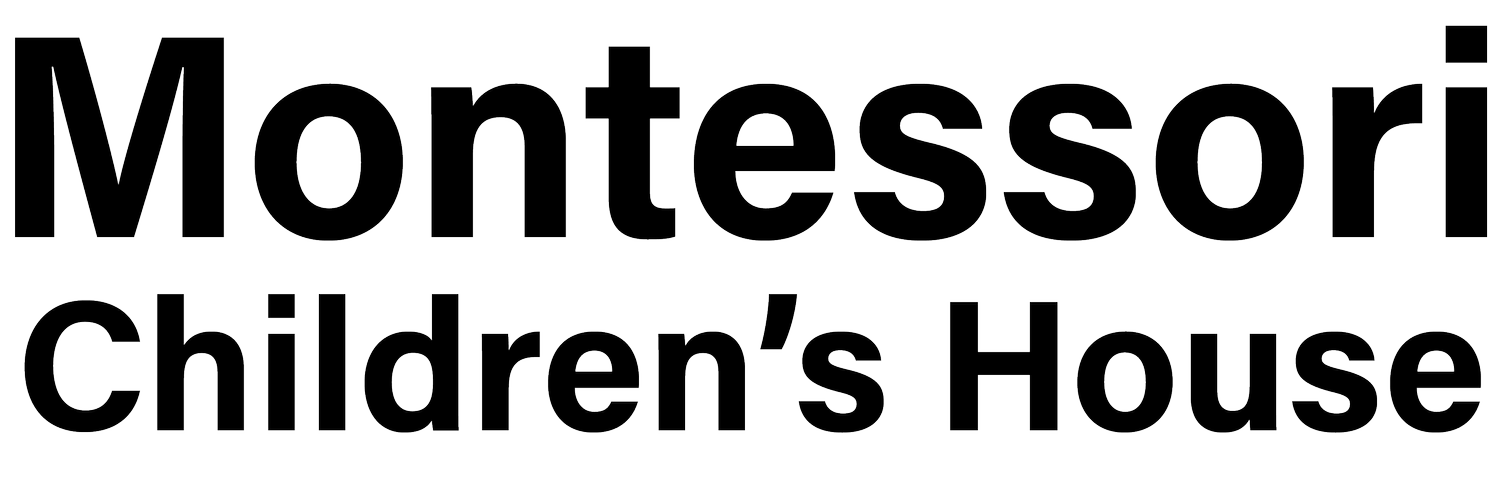
The Montessori Method
What are the premises of a Montessori Education?
Children are to be respected as different from adults, and as individuals who differ from each other.The child possesses unusual sensitivity and mental powers for absorbing and learning from the environment that are unlike those of the adult both in quality and capacity.The most important years of growth are the first six years of life when unconscious learning is gradually brought to the conscious level.The child has a deep love and need for purposeful work. The child works, however, not as an adult for profit and completion of a job, but for the sake of the activity itself. It is this activity which accomplishes the child’s most important goal: the development of self - mental, physical, and psychological powers.
-
*We will follow the teachings of Dr. Maria Montessori
*We believe that each child has sensitive periods in which they can learn a given skill easier and better than at any other time in their life, so we believe in individual instruction.
*We know that children need to have group learning situations, and we also provide group learning opportunities each day.
*We believe children should be free to be themselves. They can talk with friends, work with friends or by themselves. They are free to do what they want to do as long as they are not disruptive or destructive.
*We believe in self-discipline. Each child will develop self-discipline and we try to help achieve this goal.
*We believe that play is a child’s work, and good play is important to a child’s development.
*We believe in a prepared environment in which the child can easily find the tools needed to achieve the child’s goals. When we are having a difficult day, we don’t ask what’s wrong with the children, we know something is wrong with the environment.
*We believe that a child absorbs knowledge like a sponge. The child has an absorbent mind.
*We believe that you should never do for a child what the child can do independently. Let the child do it.
*We believe that no one can educate another person. Education is something the child does for themselves. Therefore, we provide an environment that is conducive to learning.
*We want to help each child develop a love of learning, self confidence, and independence.
*We will help each child develop self-discipline, a sense of organization, and a positive attitude toward problem solving.
*We will help each child learn to respect other people and their property.
*We will follow the lead of the child and help them build the person they are meant to be.

